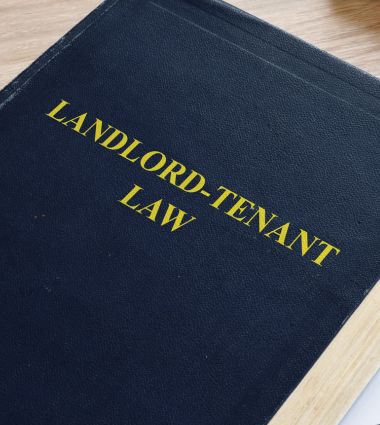Prohibition on the Purchase of Property by Non-Canadians Act
The Prohibition on the Purchase of Residential Property by Non-Canadians Act is a pivotal piece of legislation within Canada's real estate sector, aiming to regulate and manage non-Canadian individuals or entities' ownership of residential properties.
Canada, renowned for its diverse cultural landscape and thriving economy, has witnessed a surge in real estate investment from both domestic and foreign sources. However, with the rise in property prices and concerns over housing affordability, policymakers have implemented measures to address these challenges.
Background
The genesis of the Prohibition on the Purchase of Residential Property by Non-Canadians Act can be traced back to growing apprehensions surrounding the impact of foreign investment on local housing markets. The escalating prices of residential properties, particularly in metropolitan areas like Toronto and Vancouver, prompted calls for regulatory intervention to safeguard the interests of Canadian citizens.
Key Provisions
The Act encompasses stringent regulations restricting non-Canadian individuals or entities from acquiring residential properties in designated areas. These restrictions extend to various property types, including single-family homes, condominiums, and vacant land. Non-compliance with the Act may result in legal penalties and forfeiture of property rights.

Impact on the Real Estate Market
Implementing the Act has had profound implications for the Canadian real estate market. While it has helped stabilise property prices in certain regions, critics argue that it may deter foreign investment and hinder economic growth. Moreover, local buyers and sellers have experienced mixed outcomes, with some benefiting from reduced competition while others face challenges in accessing affordable housing.
Challenges and Controversies
Despite its intentions, the Act has sparked debates and controversies regarding its effectiveness and enforcement mechanisms. Critics argue that loopholes in the legislation may enable circumvention by foreign investors, undermining its intended objectives. Additionally, concerns have been raised regarding its potential impact on international relations and trade agreements.
Enforcement and Compliance Measures
Regulatory authorities have implemented stringent enforcement measures to ensure adherence to the Act. These include thorough screening processes for property transactions and penalties for violations. However, challenges persist in monitoring and regulating the activities of non-Canadian buyers, necessitating ongoing efforts to enhance compliance.
Future Outlook and Potential Revisions
As Canada continues to navigate evolving trends in the real estate market, the future outlook on the Purchase of Residential Property by Non-Canadians Act remains subject to speculation. While it serves as a crucial tool in addressing housing affordability concerns, policymakers may explore revisions or amendments to better align with changing dynamics and emerging challenges.

Conclusion
The Prohibition on the Purchase of Residential Property by Non-Canadians Act represents a significant milestone in Canada's efforts to regulate its real estate market. By imposing restrictions on non-Canadian buyers, the Act aims to balance promoting housing affordability and fostering sustainable economic growth. However, ongoing scrutiny and potential revisions underscore the complexity of addressing housing challenges in a globalised context.
How does the Prohibition Act define "non-Canadian" individuals or entities?
The Act defines non-Canadian individuals as those who do not hold Canadian citizenship or permanent residency status. Similarly, non-Canadian entities refer to corporations, trusts, or other legal entities not incorporated or registered in Canada.
Which residential properties are subject to the Act's restrictions?
The Act applies to various residential properties, including single-family homes, condominiums, townhouses, and vacant land designated for residential development.
Are there any exceptions or exemptions to the restrictions outlined in the Act?
While the Act imposes broad restrictions on non-Canadian buyers, certain exemptions may apply in specific circumstances. These exemptions relate to diplomatic or governmental entities and individuals or organizations with special permits or waivers.
Are Canadians or permanent residents affected by the Act?
Canadian citizens and permanent residents are generally unaffected by the Act's restrictions. However, they may experience indirect effects, such as changes in property prices or competition for available housing stock.
Do regulatory authorities enforce the Act?
Regulatory authorities enforcing the Act oversee property transactions, conduct screenings, and impose penalties for non-compliance. These authorities work to ensure that the provisions of the Act are upheld and enforced uniformly across different jurisdictions.
Real Estate
Family Law
Wills & Estates
Immigration
Join Our Mailing List.
Sign up with your email to receive our newsletter and stay informed about the latest legal developments and special offers.



















































































